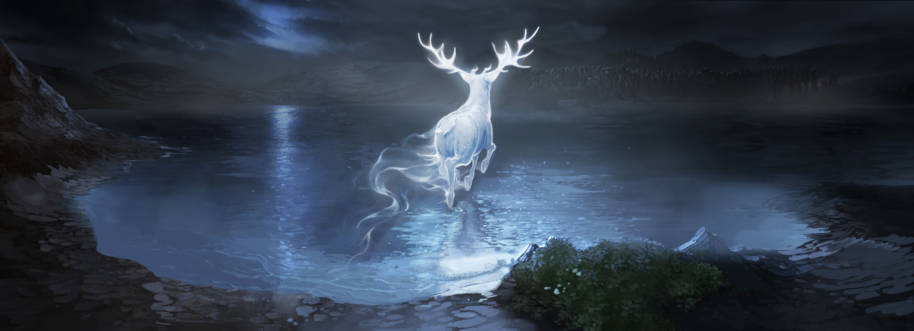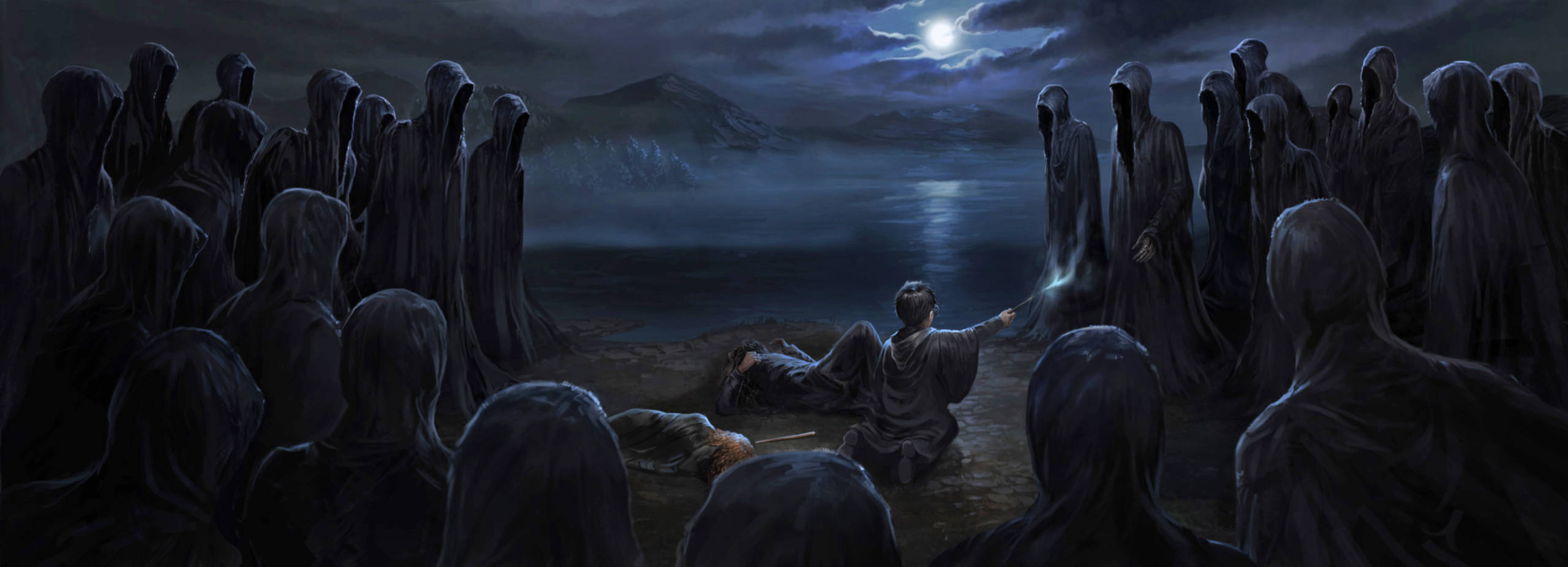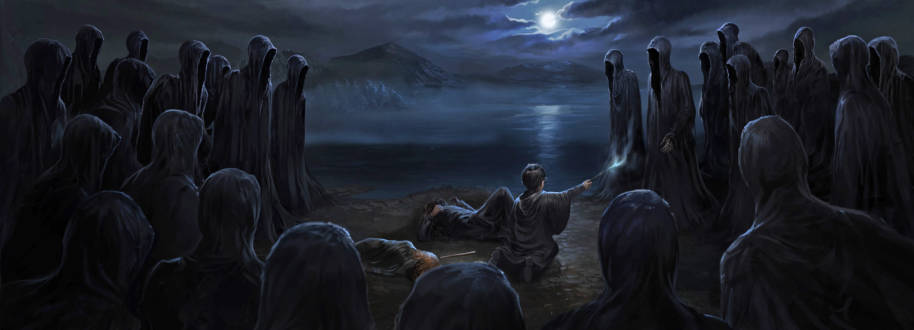
‘…I must warn you, Harry, that the Charm might be too advanced for you. Many qualified wizards have difficulty with it.’
So Professor Lupin tells Harry before demonstrating how to cast a Patronus. This is magic far beyond that which Harry, still two years away from his Ordinary Wizarding Levels, is expected to learn.
But of course, Harry was probably never going to progressively follow the Hogwarts syllabus. He’s living through an experience that is so extraordinary it demands more of him than any other 13-year-old wizard. And Harry is extraordinary not just because he inexplicably defeated Voldemort as a baby and fought him twice as a schoolboy. He’s also remarkable because of how these experiences shaped him.
Harry wants to cast a Patronus because of the way the Dementors – creatures Lupin describes as among the foulest to walk the Earth, sucking joy and happiness from the humans that cross their path – make him feel. While everyone suffers when they encounter a Dementor, Harry’s misery is enough to make him black out. When he falls from his broomstick during a Quidditch match, it’s clear that his is a particularly strong emotional response.
Which is understandable. Being near a Dementor forces a person to relive their worst experiences, so it’s not surprising that Harry, who hears his parents’ dying moments every time one comes near him, is affected. Except the Dementors don’t just plunge Harry into despair. In his determination to fight them, Harry discovers a talent for one of the most challenging pieces of defensive magic: the Patronus.

Harry’s Patronus lessons are long and tiring. Each time he faces the Boggart-Dementor, he hears his mother being murdered and his father’s attempts to save his wife and son. Whilst these are horrifically traumatic events, for Harry they are also a rare opportunity to hear his parents’ voices. His lingering desire to hear them speak makes it even harder to conjure a Patronus, something Lupin describes as:
‘…a kind of positive force, a projection of the very things that the Dementor feeds upon – hope, happiness, the desire to survive…’
In order to cast a corporeal Patronus – that is, a solid one that can charge down Dementors – you have to think of a happy memory and shout ‘Expecto Patronum.’ Harry manages to create something approaching a Patronus pretty quickly, but it’s an indistinct attempt. Yet he’s not deterred. Exhausted and half-wanting to hear his parents again, Harry is still determined to master it, returning again and again to practice with the Boggart-Dementor.
This determination is something Harry has shown before. In Philosopher’s Stone, he set out to get to the Stone before anyone else, joined by Hermione and Ron only after he held forth about the importance of fighting Voldemort. In his motivation to fight the Dementors, he also shows a long-standing emotional resilience.
Harry acknowledges his desire to hear his parents even despite the impact it has on him – he cries when he hears his father for the first time. In Philosopher’s Stone, Dumbledore said to Harry of his mother:
‘… to have been loved so deeply, even though the person who loved us is gone, will give us some protection for ever. It is in your very skin.’
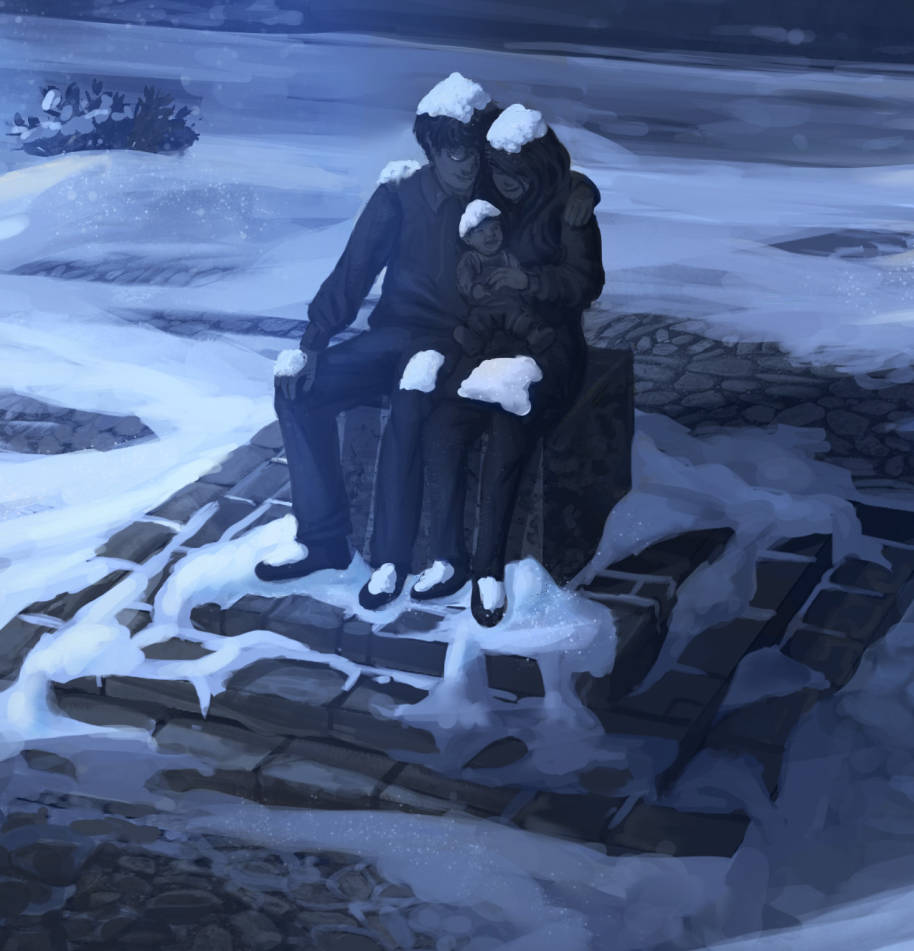
In listening to his parents’ final moments, Harry begins to truly engage with their sacrifice and his loss. But he is also hearing first-hand evidence of their love for him, a love he has previously only been told about. That in itself becomes a motivation – first for facing the Dementors, but later, for defeating them. Because while Harry grasps at the chance to hear his parents’ voices, he also acknowledges it’s a desire that won’t help him.
‘They’re dead,’ he told himself sternly. ‘They’re dead, and listening to echoes of them won’t bring them back.’
Harry Potter and the Prisoner of Azkaban
Whether it’s deliberate or not, Harry’s advice to himself echoes Dumbledore’s words after Harry became fixated on seeing his family in the Mirror of Erised:
It does not do to dwell on dreams and forget to live…
Harry Potter and the Philosopher's Stone
Harry’s desire to hear his parents is a completely natural human response, one that is even more understandable when you consider he’s 13 years old and has lived without those voices since he was a small child. On the other hand, in acknowledging that giving in to such a desire might hold him back, Harry shows a wisdom beyond his years.
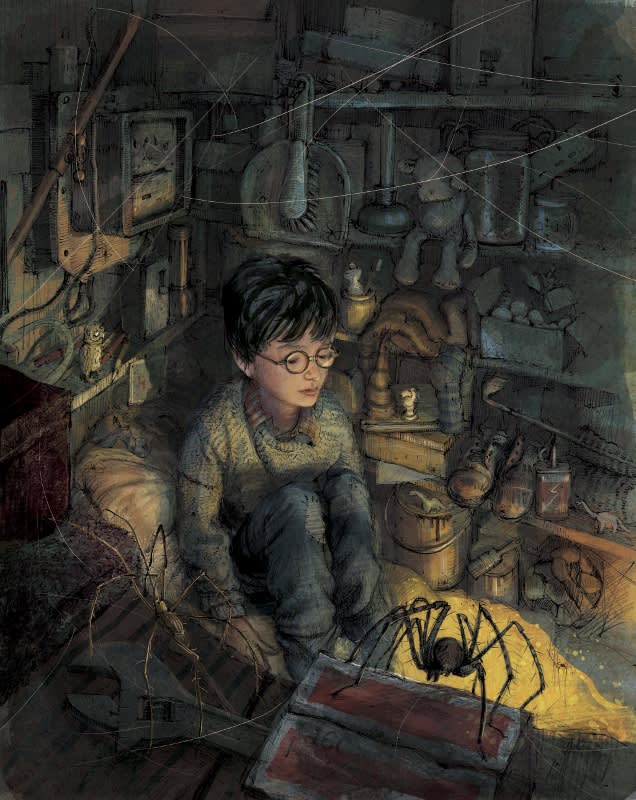
Harry might have a talent for defensive magic – he’s already beaten Voldemort, after all – but it’s this that really enables him to develop his talents. Holding on to a good memory in the face of overwhelming despair is a challenge Lupin implies is beyond many adults, but it’s a challenge Harry’s life has equipped him to face. Neglect hasn’t made him bitter – on the contrary, since coming to Hogwarts, Harry has taken every opportunity for enjoyment and has largely refused to dwell on his early childhood and life with the Dursleys. Yet while all the good memories he uses to cast his Patronus are drawn from his wizarding years, having the strength to cast the spell even in the most desperate circumstances – as when he produces a corporeal Patronus after seeing what he thinks is his father – is a consequence of his early life and his determination not to give in to despair.
And because there is often more than one motivation for success, defeating despair wasn’t Harry’s only reason for learning how to cast a Patronus. He was also driven by other very natural responses – embarrassment, after falling from his broom, and ambition, because he really wants to win the Quidditch Cup. What is clear, though, is that Harry’s ability to cast a Patronus requires more than talent. It demands a great deal of determination and a huge amount of emotional strength.
